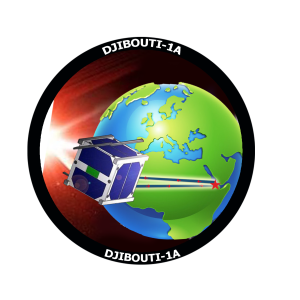A busy year is expected at CSUM, the technology platform created in 2011 within the University of Montpellier-Nîmes.
After the success of the Robusta 1D (Celesta) and 1F (MTCube 2) nanosatellites, launched in July 2022 by Vega C, the Van Allen Foundation and the University Space Center of the University of Montpellier-Nîmes are gearing up for a busy 2023, with four new missions : Djibouti 1A and 1B, Robusta 3A Mediterranean and Enso.
Djibouti 1A and 1B are the first two nanosatellites from the Republic of Djibouti.
They are educational cubesats.
They were built by a dozen engineers trained by CSU.
They will be launched as part of the nation's Hydrosat program to collect climate data.
The first will be flown on a Falcon9 launch vehicle from SpaceX.
Robusta 3A Mediterranean is also an educational 3U cubesat, which aims in particular to improve the accuracy of weather forecasts around the Mediterranean basin, and in particular the forecasting of cevenol episodes.
It is co-funded by the Van Allen Foundation and the Cnes, as part of the Nanolab Academy project.
It is being developed in partnership with Météo France, the IGN, the Ensta Bretagne and the Port of Sète, in the Hérault region.
The latest cubesat (1U), Robusta 1E / Enso, (Expleo Nanosat for Solar-irradiance Observations), will be dedicated to the observation of solar irradiance and its impact in the Earth's ionosphere.
It is being developed in partnership with the Ile-de-France engineering company Expleo Group and the South African Space Agency.
Découvrez cet article sur Air&Cosmos

